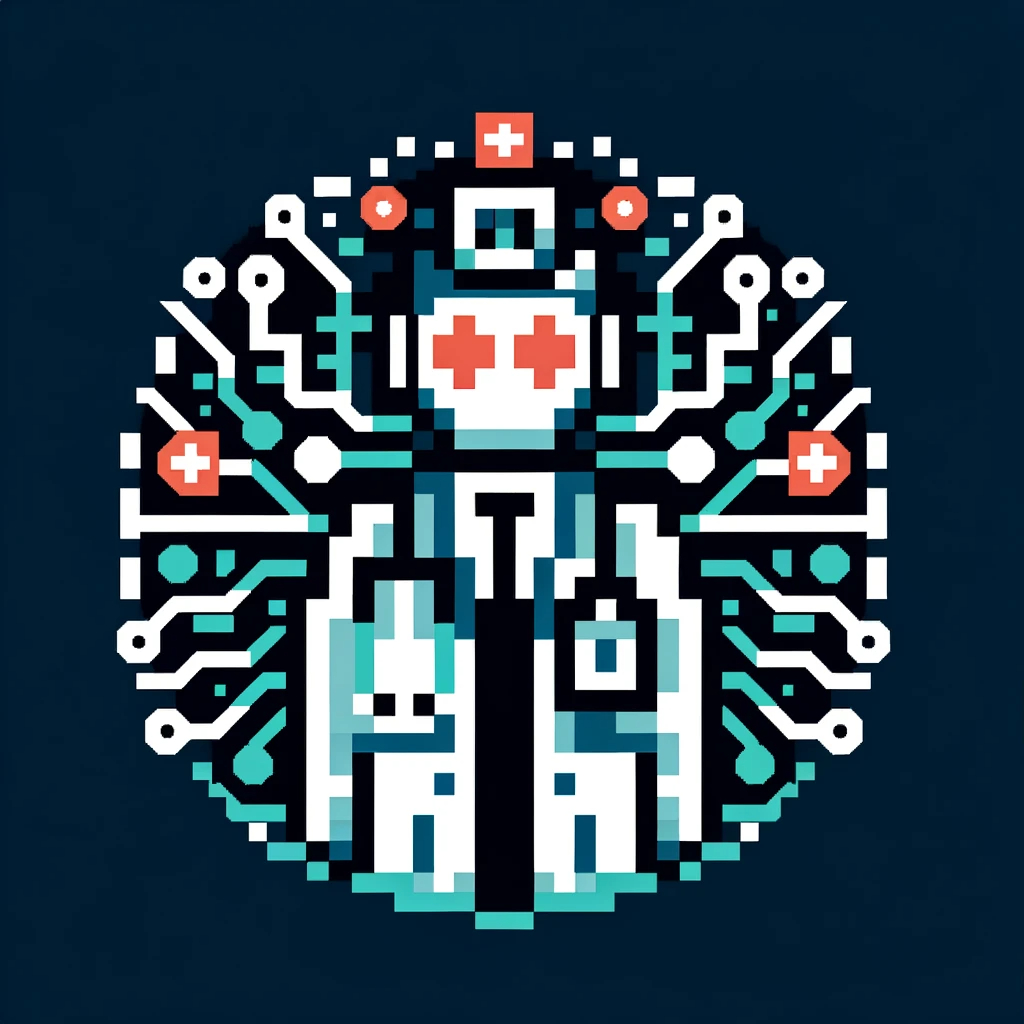193 reads
Cross-Border Interoperable Identity System for Developing Countries: What You Need to Know
by
March 23rd, 2024
Audio Presented by

The #1 Publication focused solely on Interoperability. Publishing how well a system works or doesn't w/ another system.
About Author
The #1 Publication focused solely on Interoperability. Publishing how well a system works or doesn't w/ another system.
